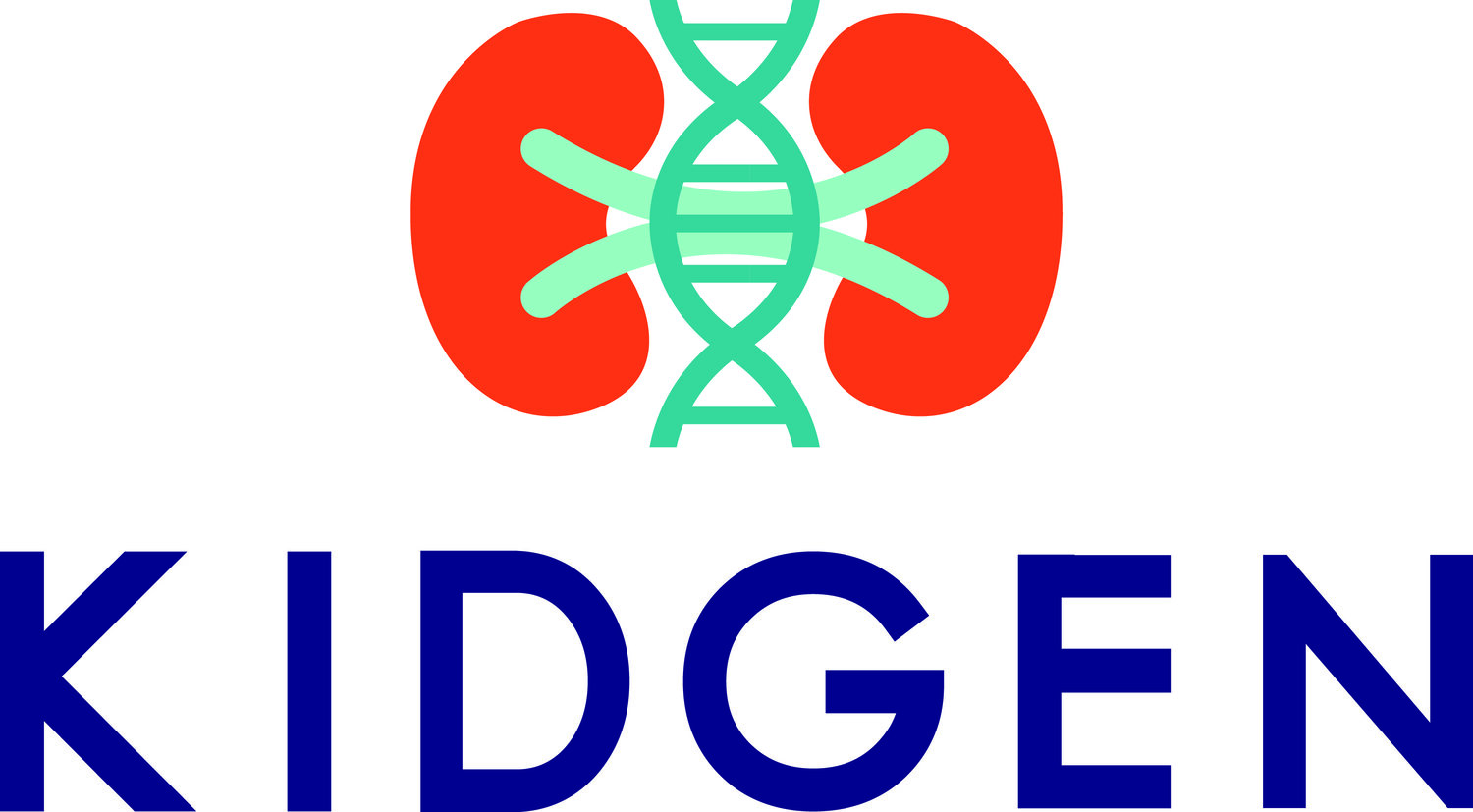In this module, we will explore the specific clinical benefits genomic testing offers for patients with suspected kidney diseases, such as ruling out the need for invasive renal biopsies and fully informing potential kidney transplantation options.
The initial identification of a potential genetic cause, and subsequent involvement of the clinical genetics team is dependent on clinicians maintaining a reasonable suspicion of an underlying genetic cause.
Genomic testing (Whole genome sequencing or whole exome sequencing) is the preferred genomic test option for many suspected genetic kidney diseases, and we will introduce the concept of virtual gene panels used to help prioritise the analysis of raw genomic test data. We will also examine the core considerations to be made as part of pre-test counselling to ensure fully informed consent is obtained.
There are no additional considerations to be made when ordering and analysing genomic tests in the renal setting, and all genomic data is reported and interpreted according to the standard ACMG classification scheme. These concepts have already been discussed in the Testing Pathway Module so please ensure you have completed this module before proceeding.
However, certain genomic results can influence transplantation options and donor suitability and impact the reproductive and disease risks of other family members so we will spend some time examining these elements in further detail.

